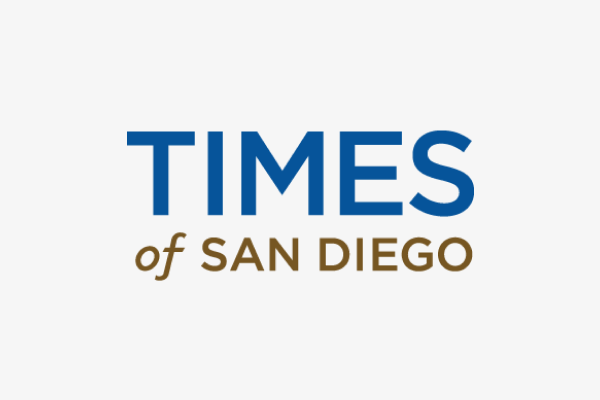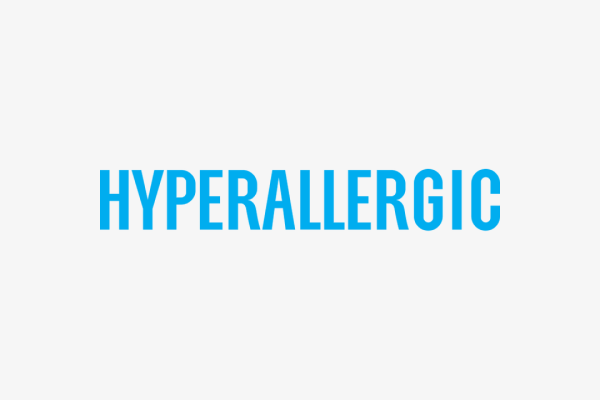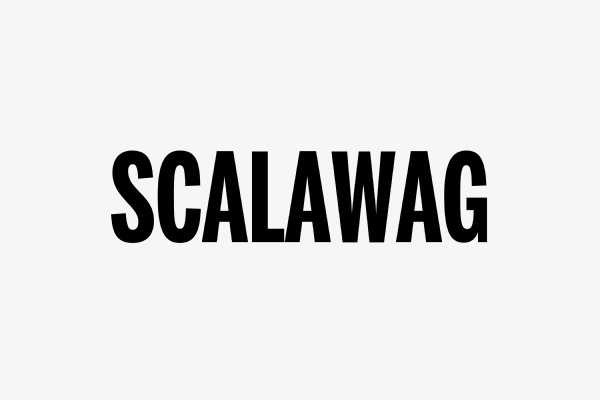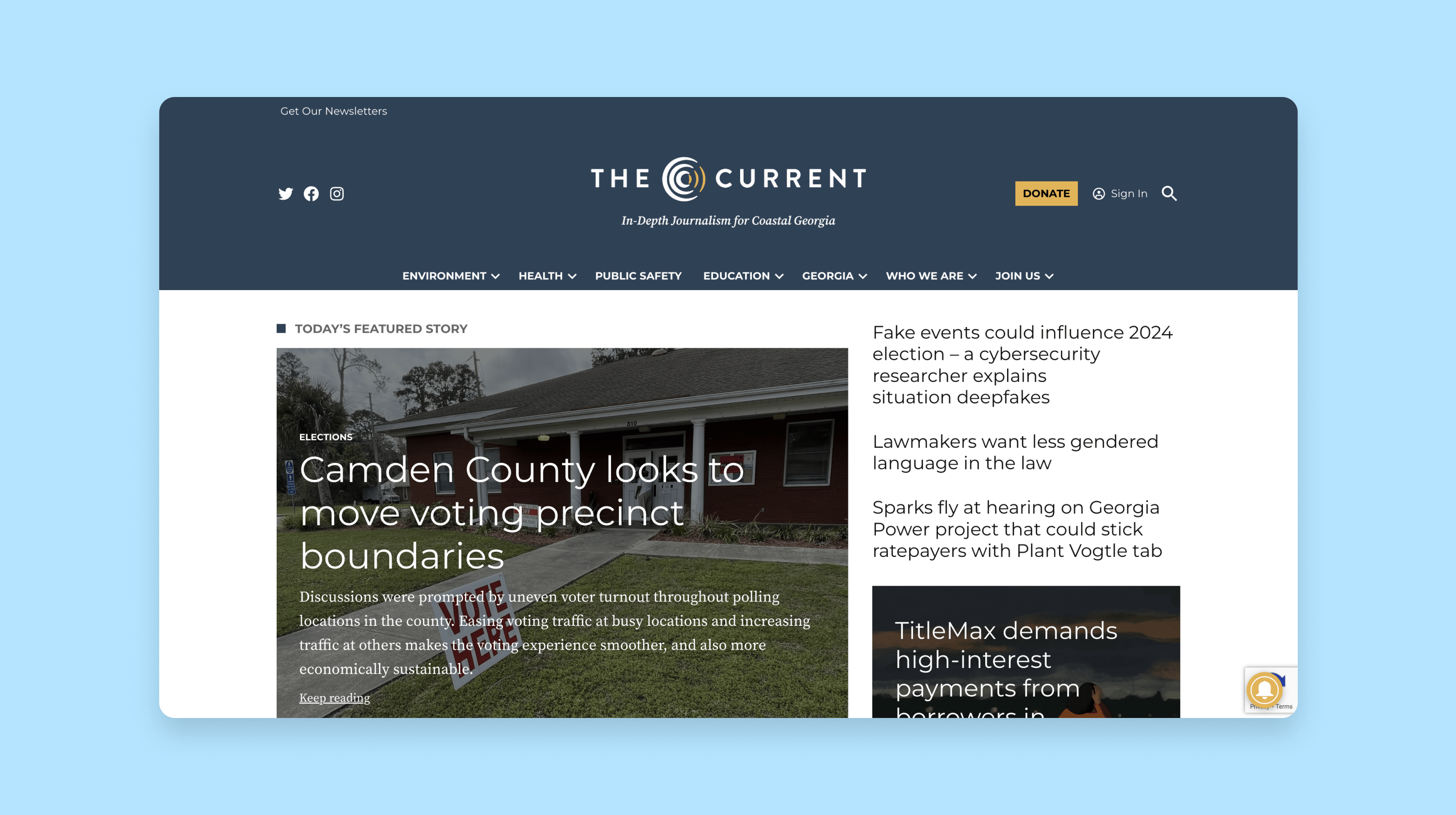
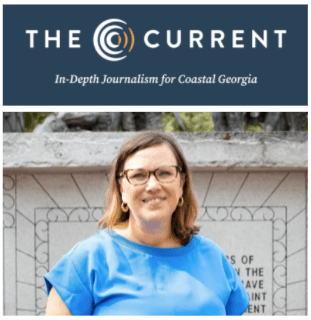
The Newspack Case Study is an ongoing series highlighting the best practices of publishers who use Newspack’s Platform for News—a suite of tools designed to drive editorial excellence and business success.
The Case:
In fall 2020, veteran journalist Margaret Coker founded The Current, a nonprofit, independent newsroom with a clear mission: to produce non-partisan, solutions-based investigative journalism with a focus on issues affecting Savannah and Coastal Georgia. By launching on the Newspack platform, the site’s founding members — Coker and managing editor Susan Catron — were able to direct their energy to producing standout journalism. Just a year after launch, The Current’s local investigative work is unparalleled and its staff is growing.
The Stats:
- Percentage of audience under 35: 33%
- Average time on news stories: 4.5 minutes
- Current number of full-time staff: 3
The Backstory:
On February 23, 2020, a 25-year-old Black man named Ahmaud Arbery was murdered while jogging in a neighborhood near Brunswick, Ga. It took 74 days for police to arrest and charge the men who later were convicted of federal hate crimes.
When Arbery’s death made national news, many people wondered why the killers were free for so long. Margaret Coker, a veteran journalist and Georgia resident, blamed the lack of local news coverage. And she decided she wanted to do something about it.
“These are the sort of life-and-death issues surrounding a news vacuum,” said Coker, who has reported from 32 countries on four continents during her two-decade journalism career. In spring 2020, she “very intentionally” started planning to launch a news organization focused on Coastal Georgia, “in large part due to that outrageous event in our backyards.”
To Coker, the opportunity seemed perfect for launching a nonprofit news organization.
“We needed more local, trustworthy, in-depth news, and I happened to be in a very important state.” Coker added that Georgia is home to “an enormous amount of experienced journalists” who have been laid off from mainstream media and newspapers in recent years.
One of those experienced journalists is Susan Catron, who was laid off in April 2020 from her job as executive editor of Savannah Morning News. Not long after, Coker invited Catron for an outdoor coffee to discuss The Current, the nonprofit she was planning to launch.
“We met for the first time in the middle of (the COVID pandemic),” Coker recalled. “She’s a legendary newspaper woman — she’s probably got more experience than any other woman in terms of the newspapering world in Georgia.”
“We just sat across the table from each other, sipping coffee, knowing that we had the same mission to our life’s work, which was journalism in the pursuit of public service and accountability, and the need to fill in the local news vacuum.”
“It was like magic,” Catron remembered.
With support and guidance from a governing board of local business leaders and community leaders, plus guidance from journalism mentors, The Current was born. As editor-in-chief, Coker began reporting stories and building relationships. As managing editor, Catron started learning the Newspack system and building pages. And, in September 2020, the site went live.
Since then, The Current has seen tremendous growth. They have a full-time staff of three employees, and are hiring a director of development. Catron also points to two promising metrics: 33% of their readers are under 35, and the average time spent on news articles is four and a half minutes.
“People stay with the stories and read them to the end,” she said.
The Takeaways:
The Current has made the most of its experience on Newspack. Coker and Catron offered three tips that have contributed to their success.
1. Keep things simple
When Catron found out that The Current signed with Newspack, she “was thrilled.” While she had past experience learning code and getting to know different content management systems, she was tired of how complicated the technology side of news sites could be.
“Newspack makes it easy for journalists to be journalists,” she said, explaining that the platform is intuitive to use, easy to navigate, and gives users plenty of options to display content in a variety of ways.
Coker echoed Catron’s thoughts. “I’ve worked in large news organizations that have their own bespoke publishing systems,” she said. “They were clunky. They weren’t intuitive. They crashed a lot. And the Newspack CMS is none of those things. The product is really well designed for a news organization our size.”
Catron said her goal with using Newspack is to keep the production process simple. “The more I know, the more I want, and I really have to pull myself back,” she said. “If I keep adding bells and whistles to stories, it’s not a consistent experience for our readers.”
She also considers the importance of simplicity when it comes to training future journalists at The Current.
“I don’t want to be the only person who has [technical] knowledge on staff,” she said. By keeping the content-production workflow easy to follow, Catron is setting up future staffers for success. Recently, she trained a new reporter on how to use The Current’s CMS, and the process took less than two days.
“Keeping things simple is the goal,” she said.
2. Learn from others
Perhaps Catron and Coker’s favorite thing about Newspack is being part of the wider community. Newspack members have access to a Slack workspace of more than 780 people, including Newspack support staff and colleagues across the industry.
“It is an incredibly collaborative place to be,” Coker said. “When one newsroom sees a problem or has a problem internally, people jump in to help solve it.”
Depending on the situation, offers to help may come from Newspack technical support or colleagues at other newsrooms. “There’s a sense that if one person gets a problem solved, they can help save time for another news organization,” she said.
“It’s a very constructive atmosphere,” Catron added. “It’s not something I was used to in the corporate world, where people held information to themselves. On Newspack, they’ve really encouraged a community that shares.”
Catron is an active member of Newspack’s Slack community. She’s asked questions about setting up payment systems, reader campaigns, hiring additional staff, and so on. And now that The Current is established, “people are starting to ask us questions,” Catron added excitedly. “I’m loving it, because I can actually return the help.”
3. Spread your work far and wide
One of The Current’s core values as a nonprofit news organization is to be a resource for residents across Coastal Georgia and the wider state — and one of the ways they do that is by offering their stories for republication to other news outlets for free, with attribution. Nearly every original story is republished through statewide channels, including Georgia Public Broadcasting and WABE, the NPR affiliate in Atlanta. The Current also often receives mentions on local television and regular attribution and links from Axios Atlanta.
“We really believe that quality in-depth information should not be a for-profit commodity. It’s a social good,” Coker explained. “From that point of view, it should be free.”
Similarly, The Current publishes work from various news partners on their site. Through pre-programmed Newspack blocks, they ensure the work is credited properly. “Everyone has their own crediting rules, you know?” Catron said. “Instead of memorizing each rule, you can select the block for each partner. It makes it so much easier.”
Besides being part of their organizational ethos, the choice to give away The Current’s content with attribution gives reporters an opportunity to amplify their work.
“The more people who see us, the better it is for us as an organization,” Coker said. “It’s also better for Georgians because we are providing news that nobody else has.”

